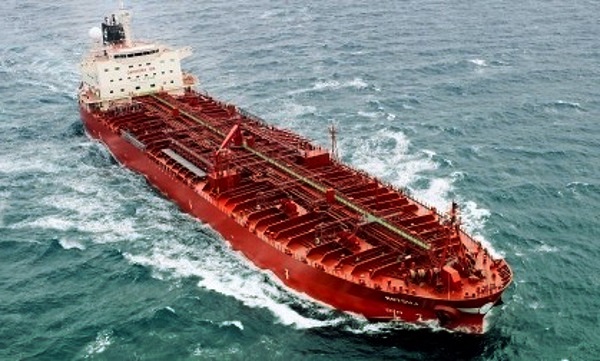Refined product sanctions coming into play offer new destinations for Russian diesel with changing trade flows, according to a presentation by Scorpio Tankers during the product tanker fleet operator’s fourth-quarter earnings call Feb. 16.
Changing trade flow impacts
Clean product exports from China increased in January 2023 from 800,000 b/d seen in December 2022 to 900,000 b/d, according to data from the presentation. China crude runs rose in November 2022, significantly increasing from October 2022, according to data from S&P Global Commodity Insights. As for Russian refined product, exports focused for delivery into Turkey, rising to 300,000 b/d, according to the presentation. Other destinations for Russian refined product were Algeria, Tunisia, Ghana and Saudi Arabia.
Holding back the order book
Product tanker net fleet growth is expected to drop to minus 0.4% for the beginning of 2023, according to the company’s estimates. New building contracts increased in 2022, but more notably for the LNG fleet than LPG or tankers combined, according to data from S&P Global’s February 2023 freight tanker forecast.
“One of the aspects is the propulsion that plays a role,” CEO Emanuele Lauro said during the call.
“It is much easier to go dual fuel on the propulsion systems. LNG is intrinsically easier and from an infrastructure standpoint. … The technological change that conventional shipping, meaning tankers and bulk carriers, are seeing now raises questions on which type of propulsion that owners should put on their new buildings, and this might be one of the aspects why people are not rushing to order.”
Tanker shadow fleet
Tankers that have been operating in what is widely known as a shadow fleet, whereby ships conduct trade with sanctioned entities, in this case, tankers loading Russian product. Russian clean product exports rose to 400,000 b/d February 2023 to unknown regions compared with January 2023, according to a Scorpio tankers company presentation.
“If you look at, at least, the crude side … ships tend to be of an older vintage,” Chief Commercial Officer Lars Nielsen said during the call.
As the tankers age, they’re expected to slowly dissipate, given the unknown standards for maintaining the fleet.
“We do know there are oil majors out there that do not want to see ships that have been in the dark fleet or the price cap fleet,” Nielsen said. “… Most of those ships will not be seen again, because it will be difficult to get them back into the top-tier tradable fleet.”
Source: Hellenic Shipping News






